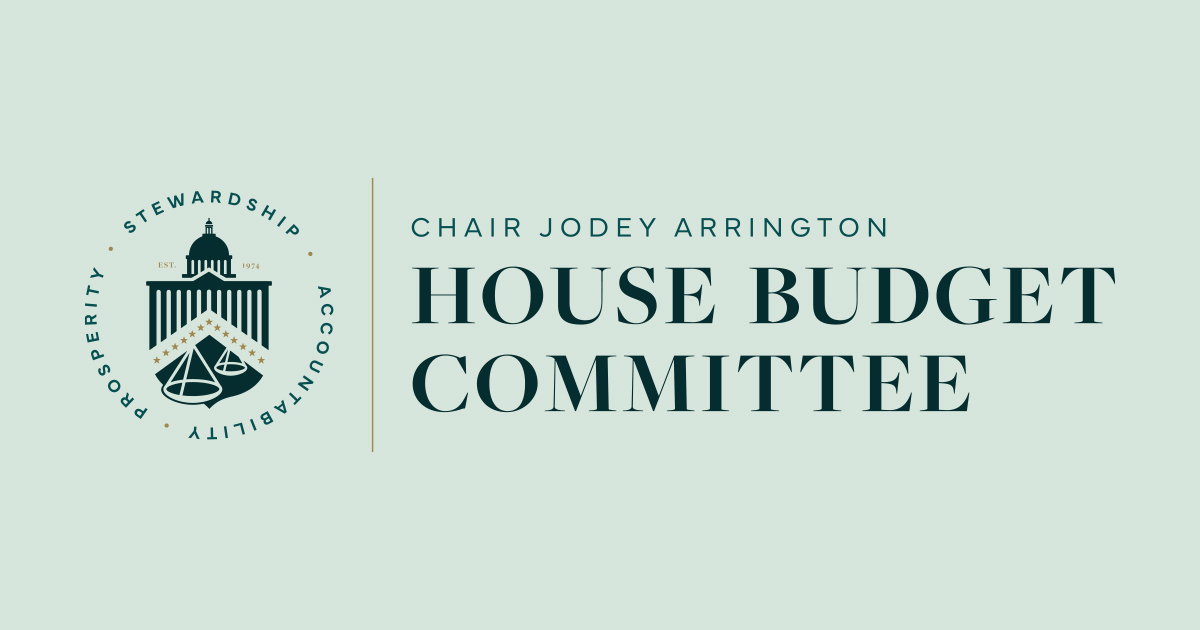Wrong!
"No, Trump’s tax cuts in his first term, primarily through the Tax Cuts and Jobs Act of 2017, did not result in an increase in federal revenue. Data from the Congressional Budget Office (CBO) and the Treasury Department shows that federal revenues, when adjusted for inflation and economic growth, either remained flat or declined slightly in the years following the tax cuts."
According to the CBO, federal revenues as a share of GDP dropped from 17.2% in 2017 to 16.4% in 2018 and 16.3% in 2019. Nominal revenues grew modestly due to economic expansion, but real revenue (adjusted for inflation) did not increase significantly, and deficits widened, with the federal deficit rising from $665 billion in 2017 to $984 billion in 2019.
Analyses from the Joint Committee on Taxation and the CBO estimated that the TCJA would reduce federal revenue by approximately $1.5 trillion over a decade, even when accounting for economic feedback effects. Claims of revenue increases often stem from nominal figures without adjusting for inflation or economic growth, which can be misleading. Posts on X and various web sources reflect mixed opinions, with some claiming revenue rose due to economic activity, but these lack rigorous backing when scrutinized against primary data."
Let me know if you want to discuss what those tax cuts did to the debt!
Dpic....geez!!! Take grok and shove it up your bum. This is like when you loony libs cannot accept that gas goes down when Trump is in office but according to you guys he was just lucky.
Critics of the Trump tax cuts said they would blow a hole in the deficit. Yet individual income taxes climbed 6% in the just-ended fiscal 2018.

www.investors.com
Go Figure: Federal Revenues Hit All-Time Highs Under Trump Tax Cuts
Updated 11:43 AM ET 02/08/2019
Taxes: Critics of the Trump tax cuts said they would blow a hole in the deficit. Yet individual income taxes climbed 6% in the just-ended fiscal year 2018, as the economy grew faster and created more jobs than expected.
The Treasury Department reported this week that individual income tax collections for FY 2018 totaled $1.7 trillion. That's up $14 billion from fiscal 2017, and an all-time high. And that's despite the fact that individual income tax rates got a significant cut this year as part of President Donald Trump's tax reform plan.
Income Taxes After Trump Tax Cuts
True, the first three months of the fiscal year were before the tax cuts kicked in. But if you limit the accounting to this calendar year, individual income tax revenues are up by 5% through September.
Other major sources of revenue climbed as well, as the overall economy revived. FICA tax collections rose by more than 3%. Excise taxes jumped 13%.
The only category that was down? Corporate income taxes, which dropped by 31%.
Overall, federal revenues came in slightly higher in FY 2018 — up 0.5%.
Spending, on the other hand, was $127 billion higher in fiscal 2018. As a result, deficits for 2018 climbed $113 billion.
Let's compare these results with Obama's last full fiscal year in office, 2016.
Individual income tax revenues went up by a mere 0.3%, Treasury data show. Fiscal 2016 also saw a 13% drop in corporate income taxes. FICA tax collections climbed by less than 1%. Excise tax collections dropped almost 3%.
Overall revenues increased by 0.5% — about the same as this year. The deficit? It climbed by $148 billion.
So, in other words, the government did better on revenues and deficits in the year after Trump's tax cuts went into effect than it did in Obama's last year in office.
Trump Tax Cuts To Blame For Deficit?
To this, critics say, yes, but revenues
would have climbed faster had it not been for the tax cuts, because the economy was booming in 2018, unlike in 2016.
Not necessarily.
Yes, the economy was booming in fiscal 2018. But it probably
wouldn't have been booming without the tax cuts. Had Trump not succeeded in getting his pro-growth tax cuts across the finish line, it's possible we'd have seen a year like Obama's last one. A sluggish economy, barely increasing federal revenues, and a large increase in deficits.
Does that mean Trump's tax cuts are fully "paying for themselves"? We wouldn't make that argument. But the faster economic growth is clearly offsetting at least some of their costs — which is precisely what backers said would happen.
What is unmistakable from the data, however, is that the Trump tax cuts are not entirely, or even mostly, responsible for the increase in the deficit. Blame for that rests squarely with spendthrifts in Congress — on both sides of the aisle — who refuse to bring federal spending under control.
So, the question is: Would it have been better to have kept taxes high, and sacrificed economic, job and wage gains we've been enjoying, so that the government could have collected a little bit more in taxes?

